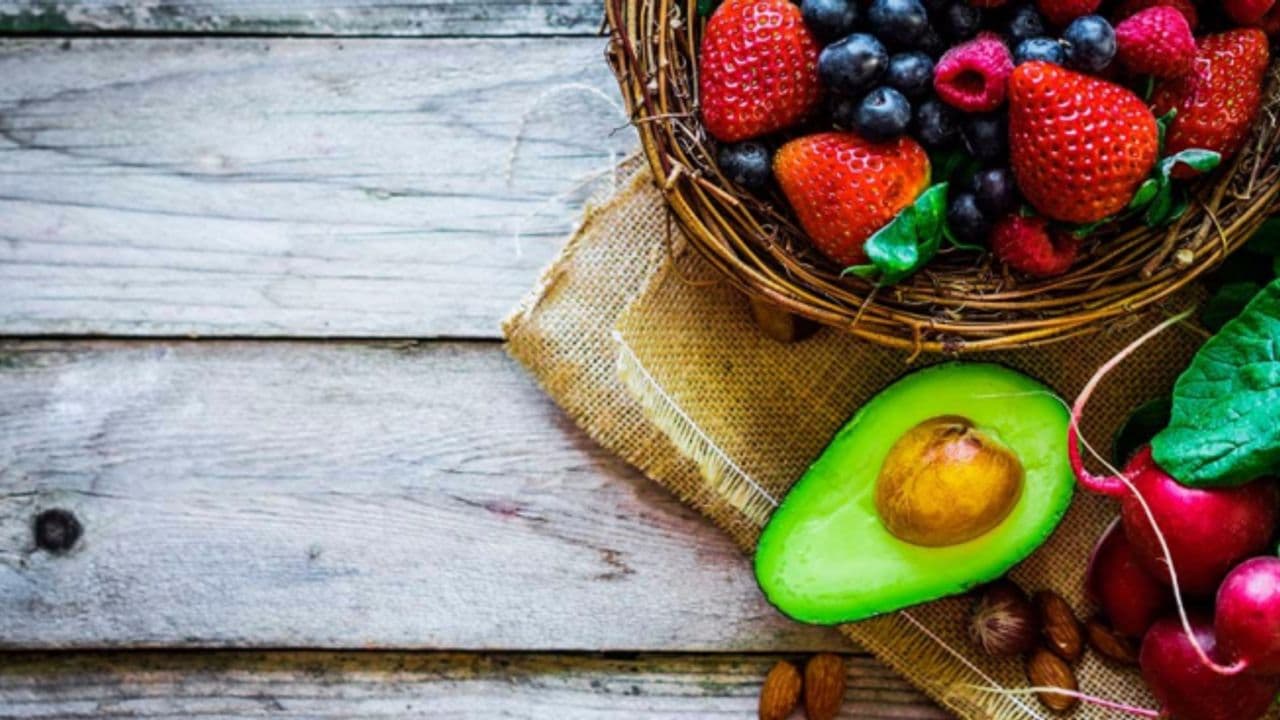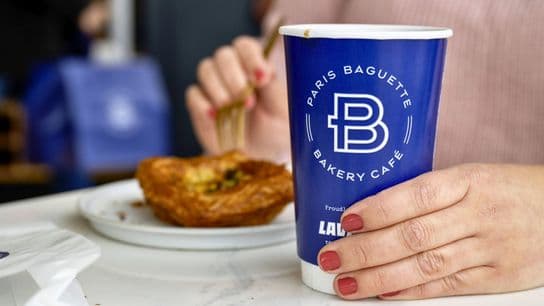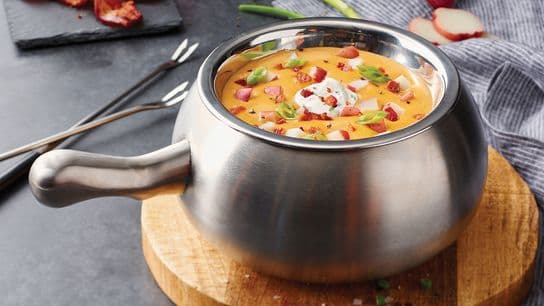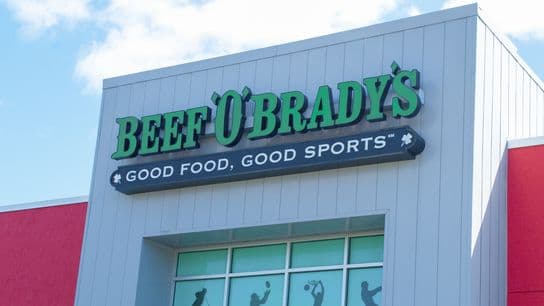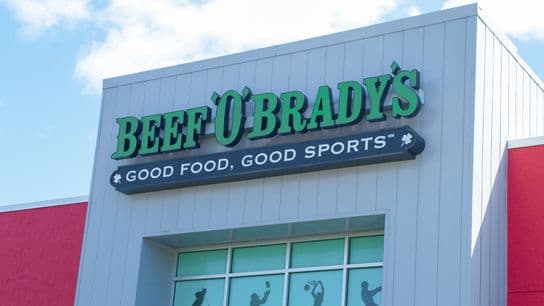Today's consumers want to know what they're eating
It's not just about understanding the ingredients. Customers want to know where their food comes from, too.
These days, customers are hesitant to order something unless they know what that something is. Fortunately, it’s easier than ever before to find out what’s really going into your food.
Pita Pit, the fast-growing made-to-order pita sandwich franchise, has noticed that more of its customers possess a greater understanding of nutrition, ingredients and the origin of their food.
“Over the past few years, there’s really been an increase in the types of movies and articles that give an honest look into what the food industry is all about. Consumer awareness is much higher than it has been, which is why they are demanding different things and are choosing restaurants that boast hormone free, preservative free and all-natural food,” said Jordy Patano, Digital Marketing Director for Pita Pit.
The increased accessibility of this information is creating higher expectations, and many restaurants are re-evaluating their menus in an effort to transition to cage-free, antibiotic-free ingredients in the next five to 10 years. Brands such as Einstein Bros. Bagels, Panera Bread and Jack in the Box have set the bar high by making the commitment to getting their menu revamps underway.
But there are a handful of brands that have already imparted fresh, quality ingredients into their day-to-day operations.
“We really wanted to look hard at our proteins. Our vegetables have always been sourced locally, but it was important to us to give consumers that same fresh, healthy perspective of our entire menu,” Patano said. “We began this process with turkey and then our all-natural chicken breast, but now we are at a critical time where we are able to re-negotiate where we are sourcing our proteins across the board.”
Many brands are also switching to fresh, high quality and organic vegetables in order to meet consumer demands. Which Wich Superior Sandwiches chops and prepares all of its vegetables in-house every day.
“Customers see that we have 56 different toppings on our menu, but what they may not realize is that our vegetables are prepared daily. What you are getting is a fresh whole tomato and a fresh whole bell pepper that we are chopping up right then and there,” said Hala Habal, VP of Corporate Communications for Which Wich.
Staying relevant is not only vital to a brand’s success, but to retaining customers and building loyalty. With so many restaurants rushing to source locally, it is important to go the extra mile, and do the little things to be a step ahead.
“Instead of an avocado paste, ours is fresh, whole, and unaltered avocado. It is coming straight out of the peel and into your sandwich,” Habal said.
Whole grains have also taken the spotlight for menu improvements. By the time the average consumer learned what in the word “quinoa” was, it was popping up everywhere. It became a buzzword, flying out the mouths of health gurus and onto grocery store shelves everywhere.
Since then, whole grains have only increased in popularity, making restaurant menu options originally intended for vegan or gluten-free guests appealing to customers across the board. In response, many restaurants are introducing new items that feature these grains. Earlier this year, Which Wich launched the Superfood Wich™ as an LTO. With the promise of a power-packed meal option, this unique sandwich was crafted from a black bean patty, avocado, quinoa, jalapeno hummus and roasted red peppers—all wrapped up in a flour or spinach tortilla. The item has been so popular that it will remain on the menu for an extended period of time. The black bean patty itself has been on the menu for some time, but has transitioned to become even more diet friendly.
“The black bean patty was always vegetarian, but had an egg wash on it, deterring vegan customers from ordering it. We changed how it was made so that it's now completely vegan. This gives our guests more options,” Habal added.
Ultimately, having options is the key to success in the future of the QSR industry. Consumer expectations are only going to get higher, and their lifestyles are only getting healthier. So, for restaurants who have always committed to fresh, real ingredients, the future is a bright one.
“Once upon a time, healthy used to mean food that was tasteless,” Habal said. “Now, we know that’s not true, and that you can keep healthy but still have a bold and robust menu of choices.”
